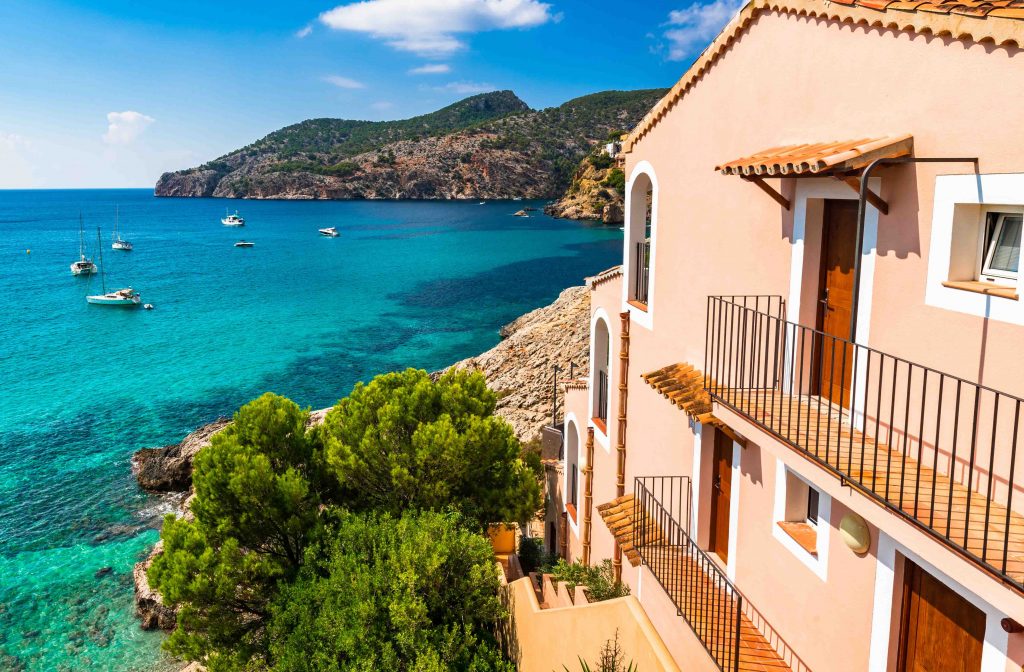Bathing nations? What do you prefer? There are those who prefer a house by the sea and those who just can not give up the comforts of the great metropolis. In short, as they say, “de gustibus”. But what if there was a further distinction that could be made between living in the city and by the sea? What we are going to analyse today is the system of taxation present in these typically maritime realities. We will see together how in Italy, Greece and Portugal (the main European sea-going nations) the situation is totally distinct. So, if you are ready, we can start with our mini guide today. Always in full Realigro style !

In the Peninsula, the purchase of real estate, if for residential use, is already subject to a first tax of 2%.
It is therefore mandatory, both the mortgage tax and the cadastral tax, equal to 50 euros each.
The first house, if not part of the luxury goods, will be exempt from the so-called Imu (municipal tax). But for residential properties (which do not fall into the category of “first home”), the Imu is taxable. In this case, the base rate will be 0.76%.
This percentage, however, is quite flexible and can be increased or reduced by 0.3 percentage points (0.46% – 1.06%). The tax base is the so-called ”cadastral rent”. It is revalued by 5% and then multiplied by a coefficient equal to 160.
But that’s not all. The same reasoning must be applied to the Tasi (tax for indivisible services). It will not be required when referring to a first non-luxury house. But in other cases, a rate (1 %) will be paid.

Unlike other typical seaside nations, Portugal has the so-called Imt (Property Transfer Tax). What does it take the form of? It is levied on the highest load between the price and the cadastral value of the property. The reference rate is also extremely variable in this case. Depending on the value of the property. The maximum threshold is up to about 92,407 euros. Below this level, you do not pay anything. Once this figure is exceeded, taxation is divided into instalments.
Let’s see the main levels.
The first level of taxation is equal to the maximum value of the scale, but multiplied by the value of the average rate.
The second level of taxation is the result of the value exceeding the limit of the first, multiplied by the marginal rate.
A stamp duty is also due. This tax, provides for a ‘rate of 0.8 %, to be applied on the higher between the price and the cadastral rent.
But there is a small advantage, which leads many people interested in living in Portugal. Access to the tax regime for so-called “non-regular residents” of Europe does not require the purchase of a property. All it takes is rent.
One of the main bathing nations, Greece, seems to be suffering because it is burdened with extremely heavy taxes on the economy.
The various taxes on the transfer of a property are calculated on the basis of the price set by the two parties. The crisis has taught that often (in the past) the two parties agreed lower prices to pay less taxes. Therefore, the Greek legislator decided to establish a much more objective system of calculation. That is why, today, Greece is at a disadvantage compared to its fellow bathing nations!
2005-2019 REALIGRO REAL ESTATE LTD. All Rights Reserved - VAT Nr: 893969932